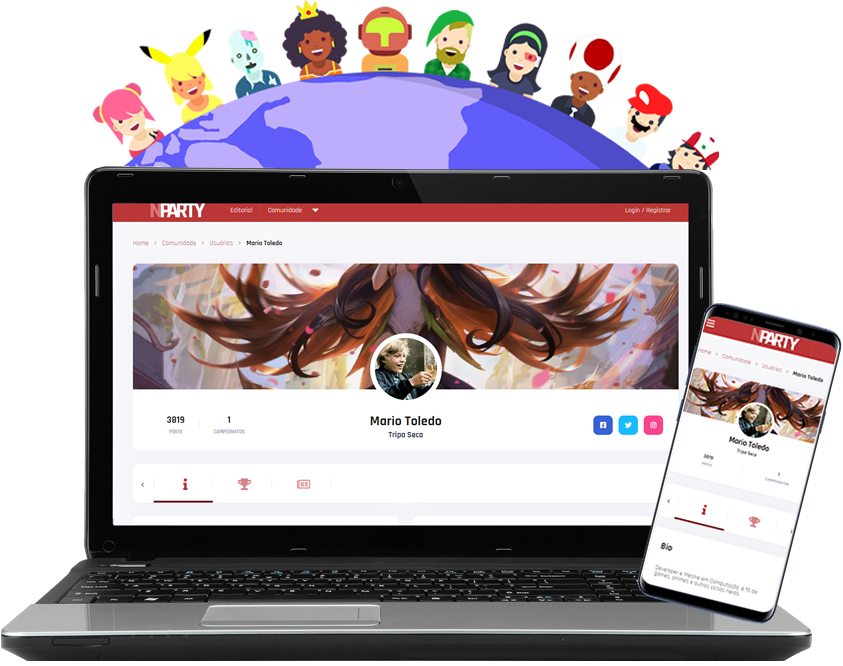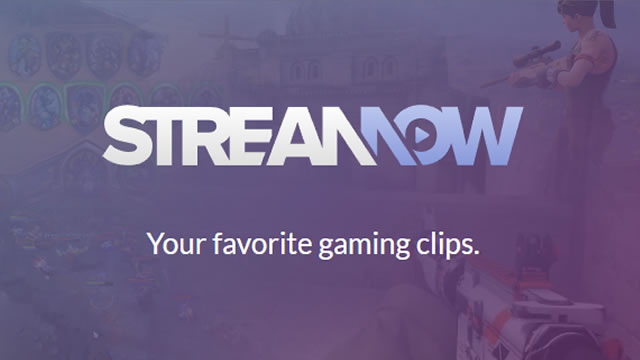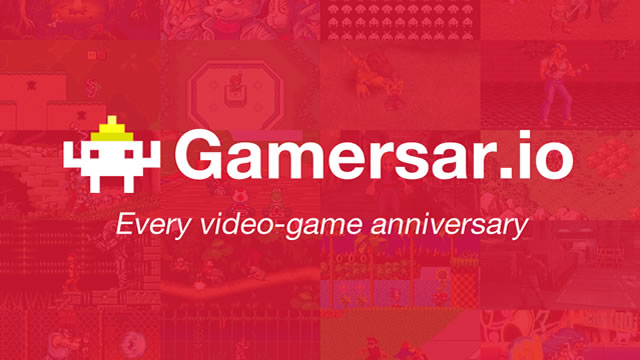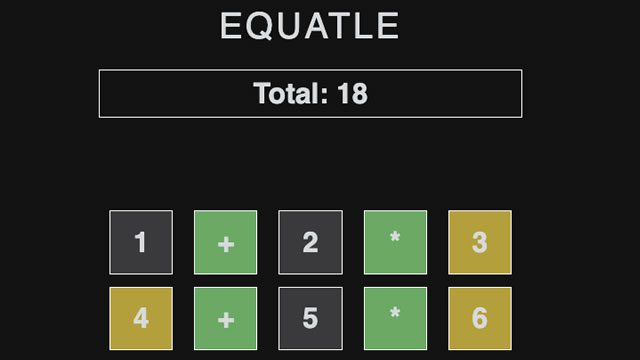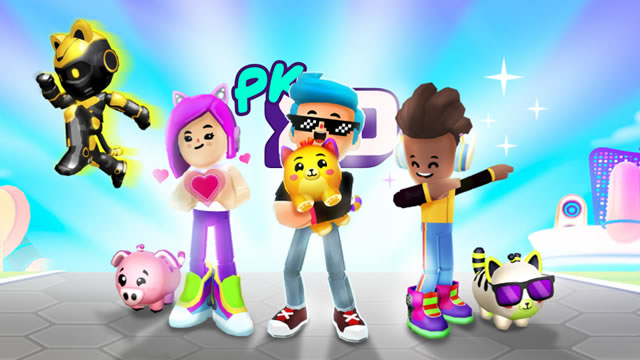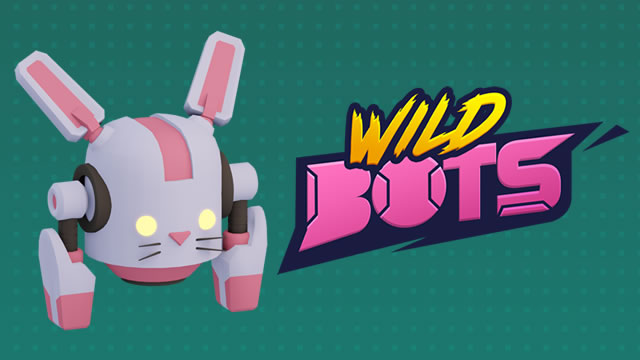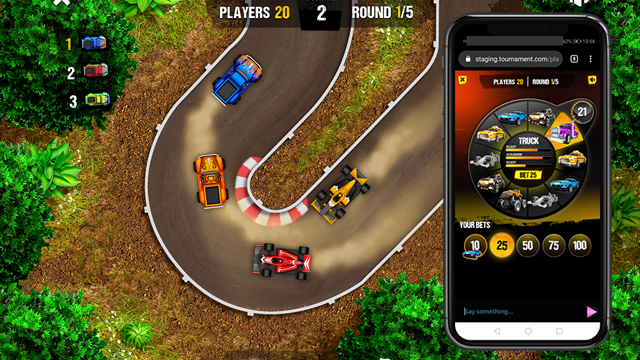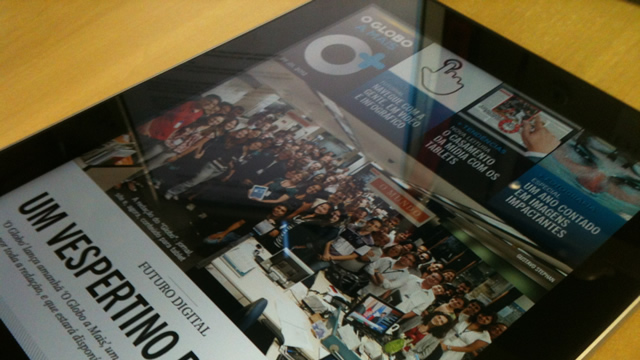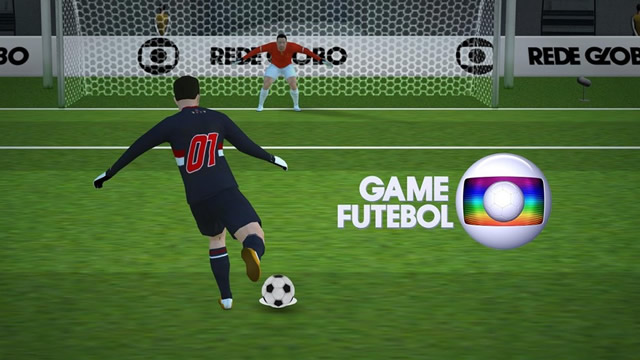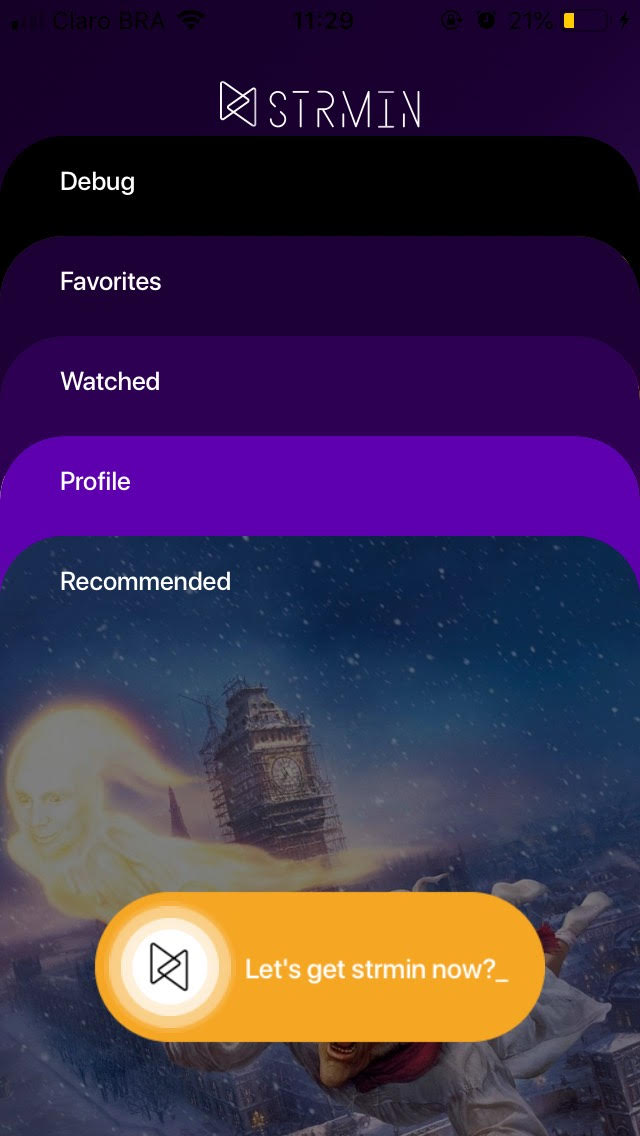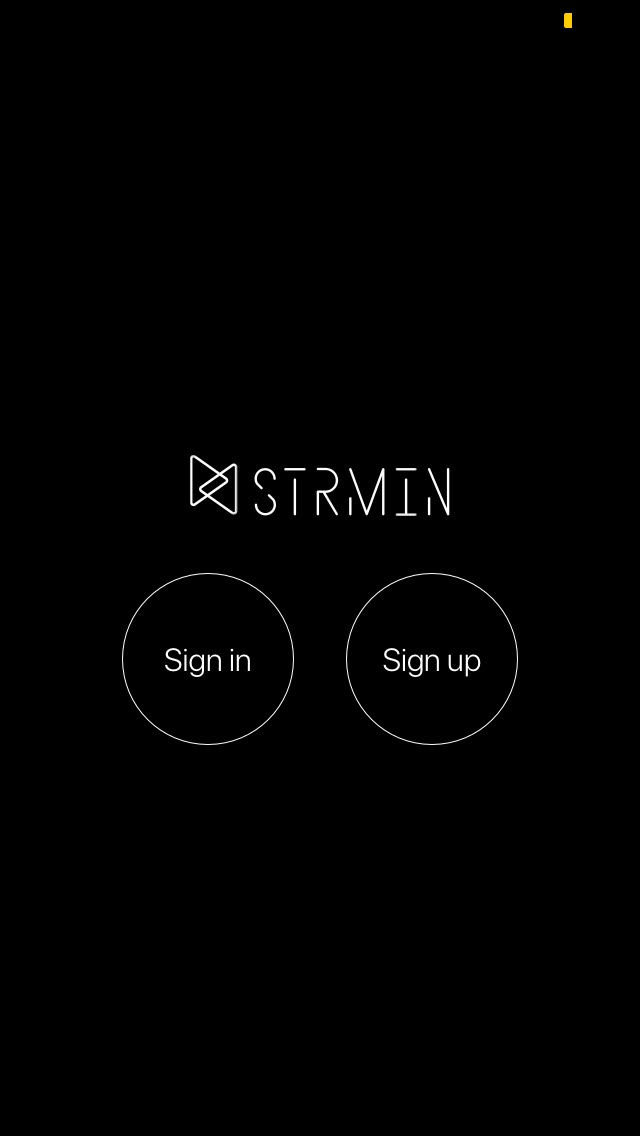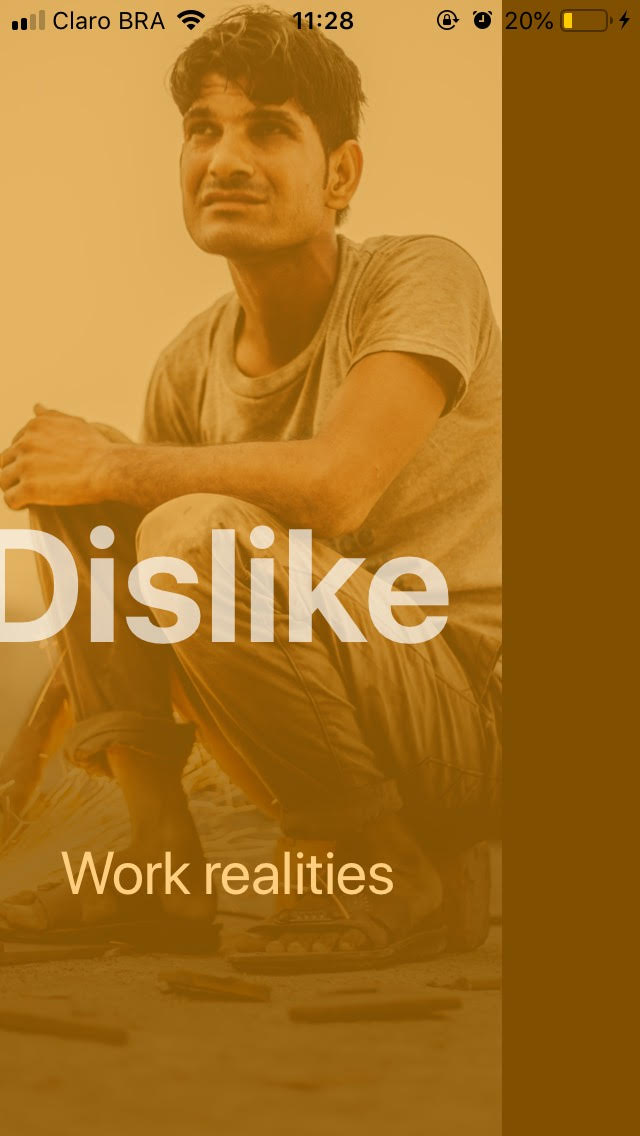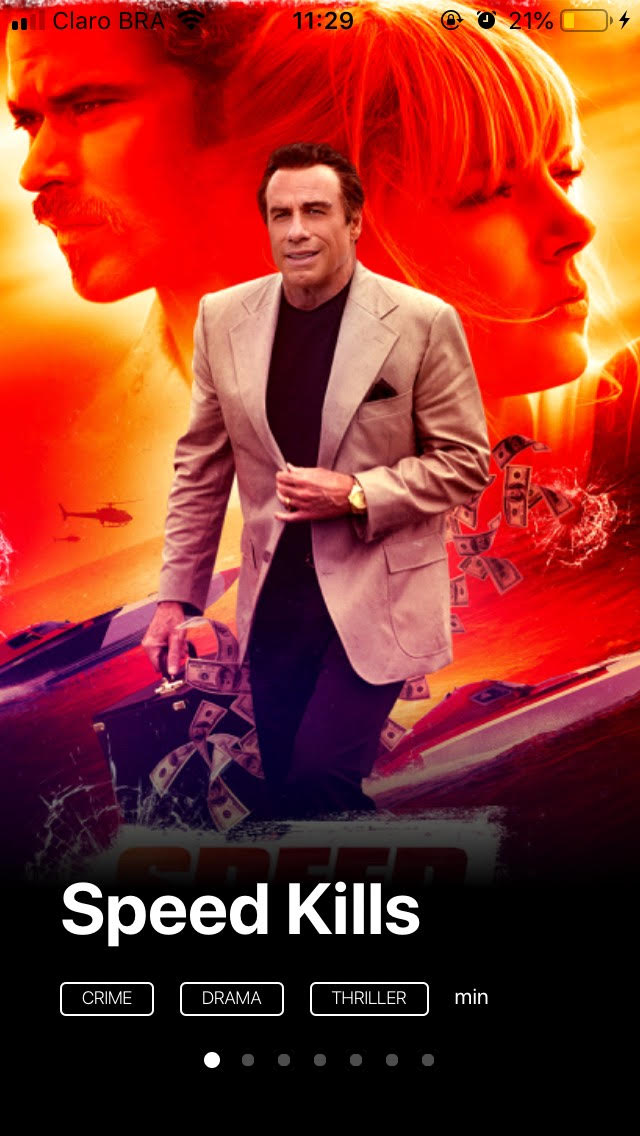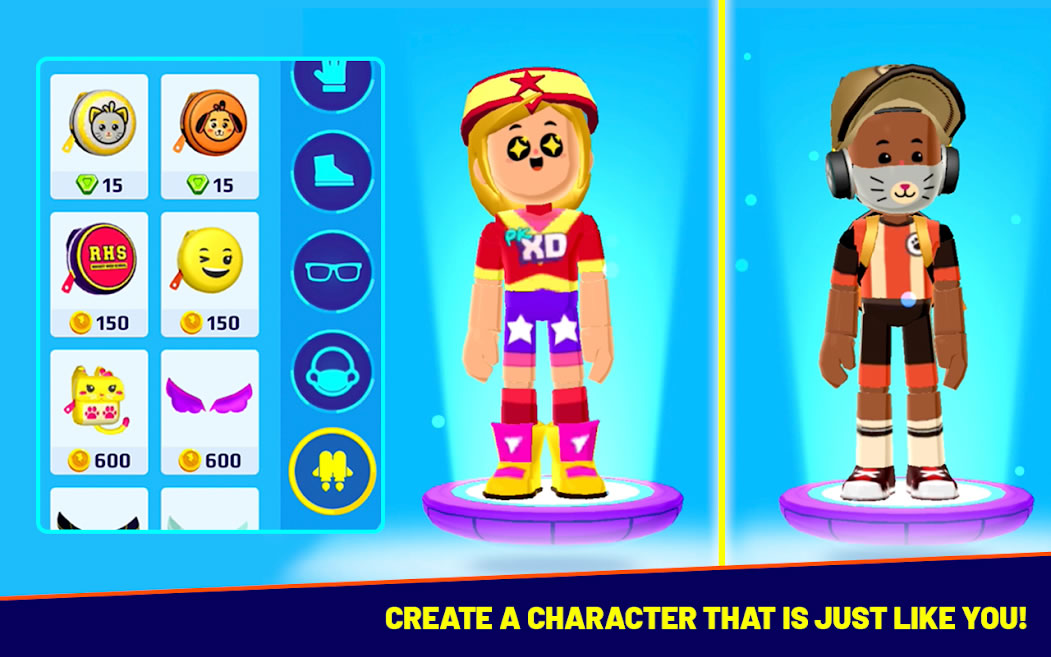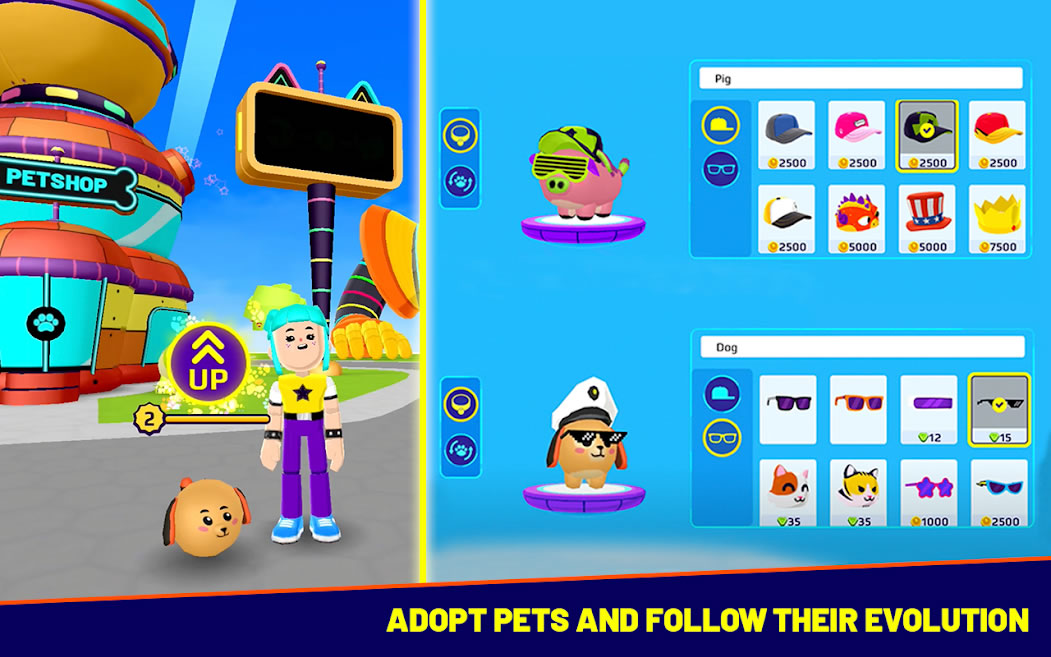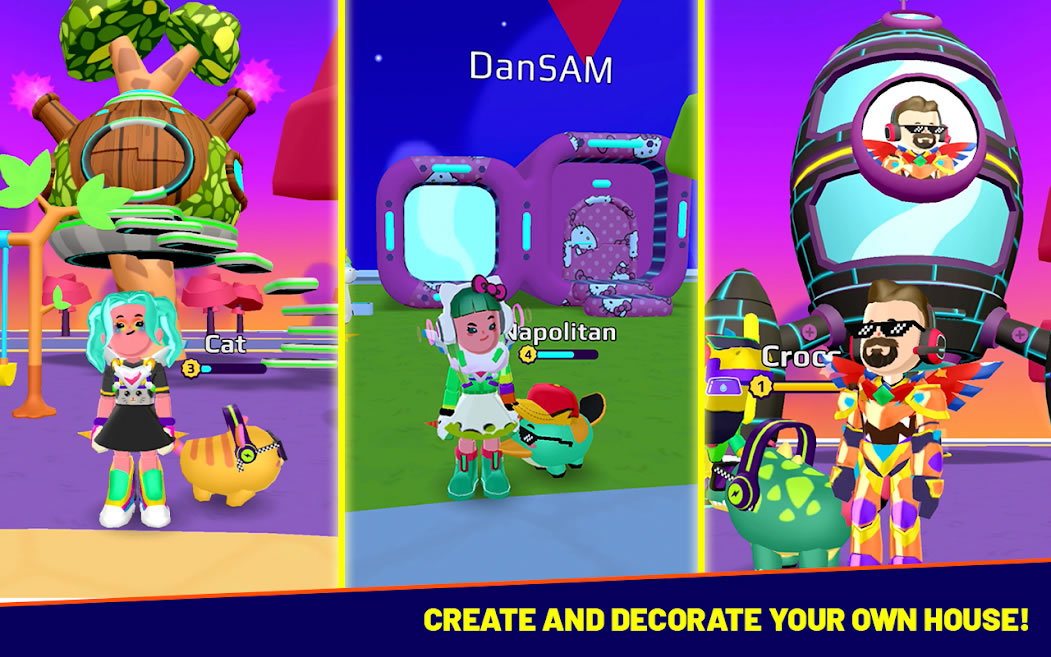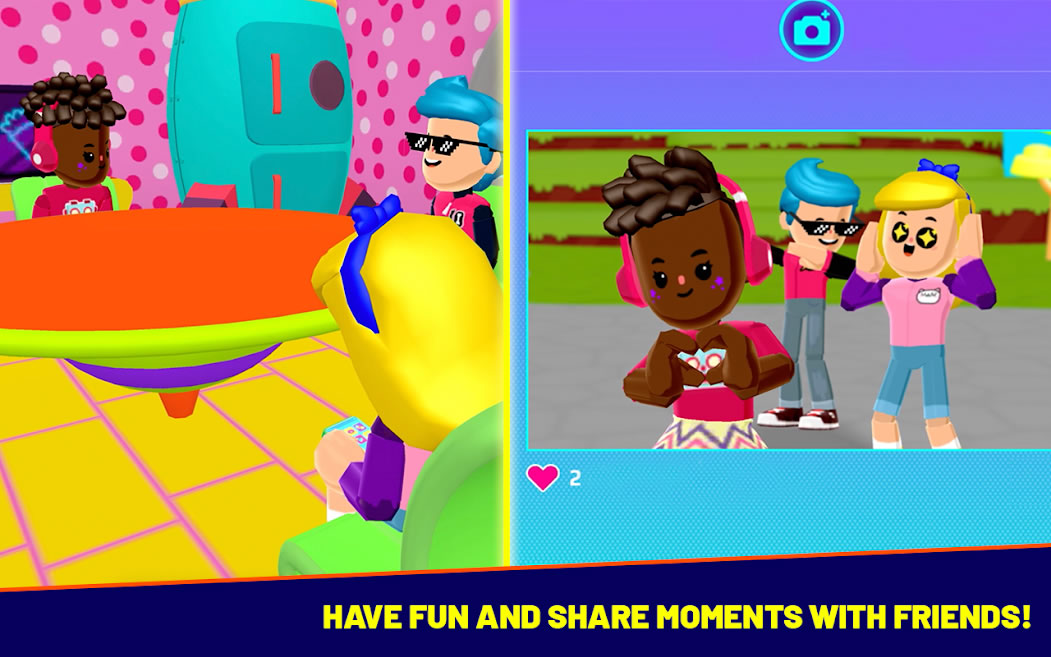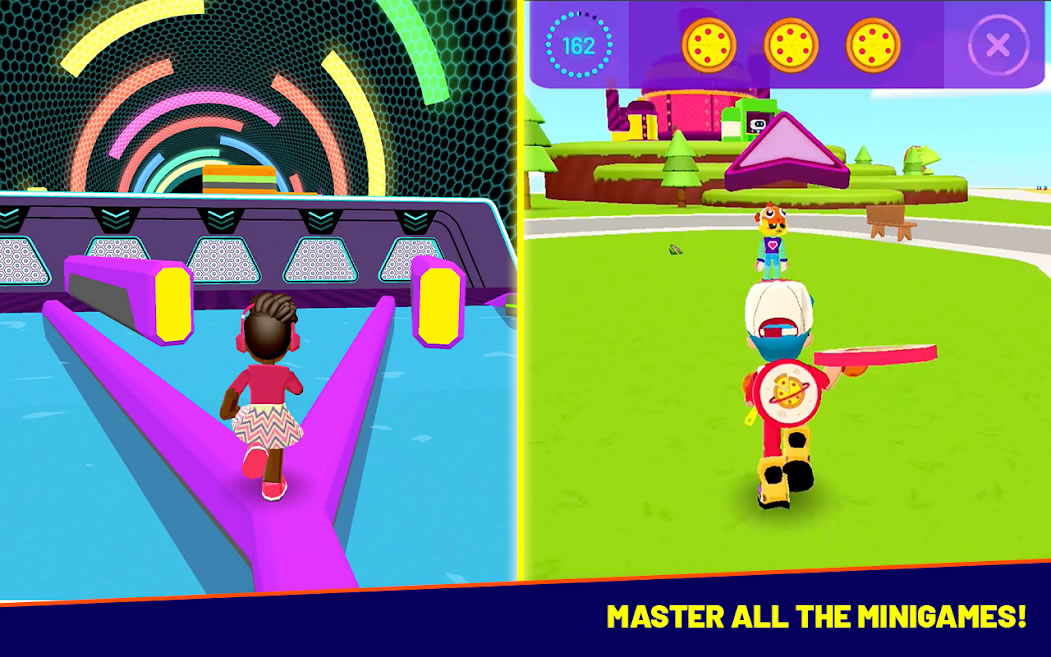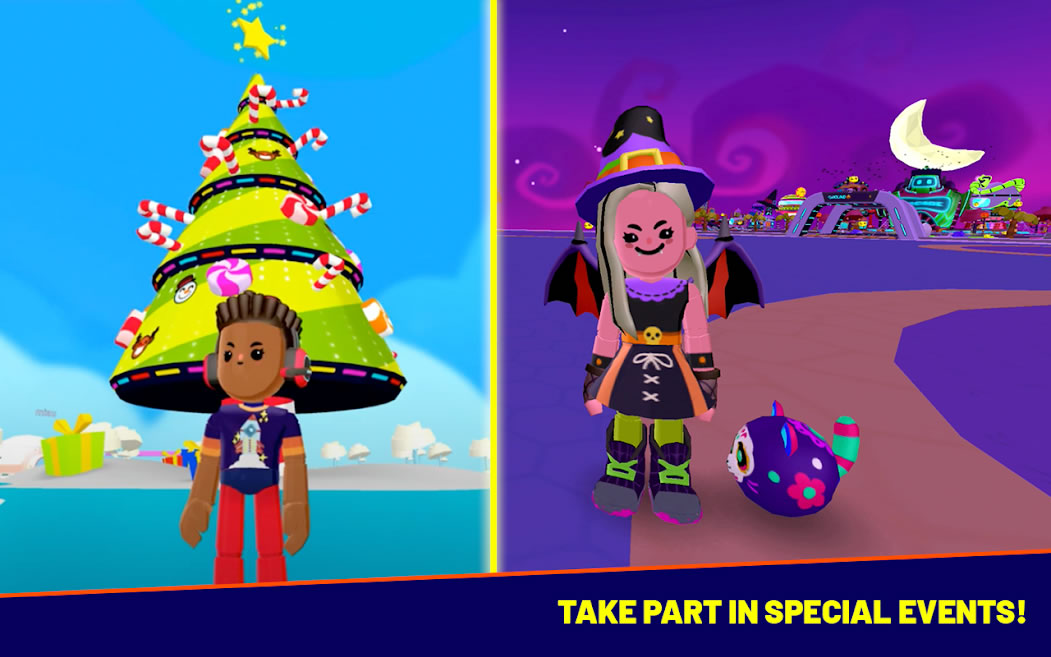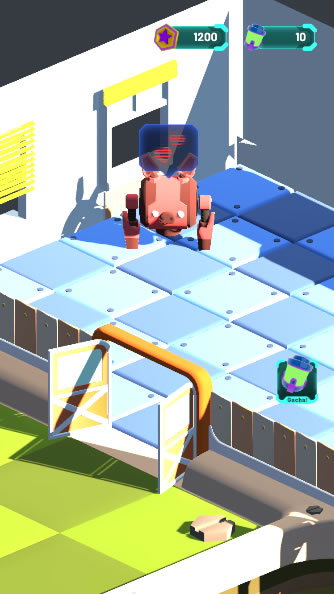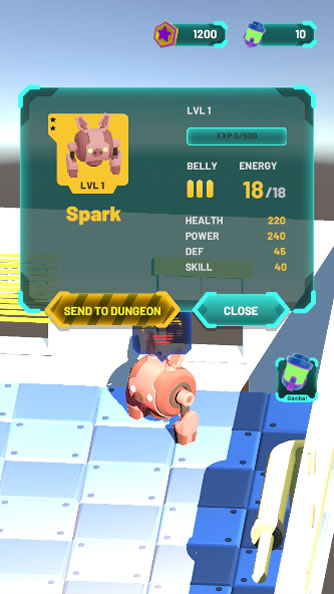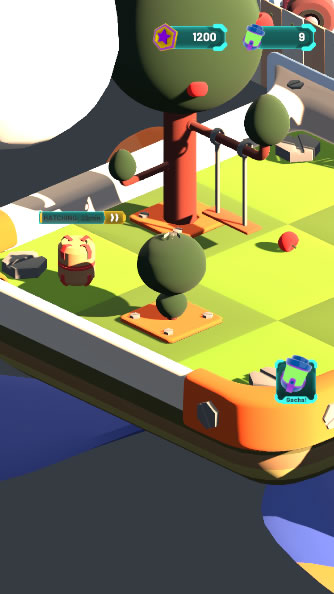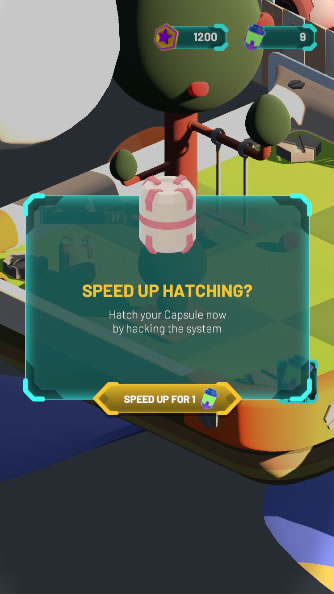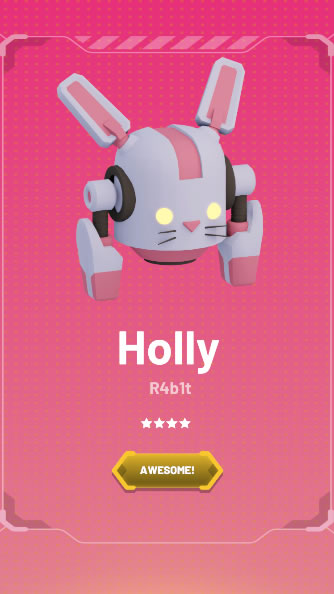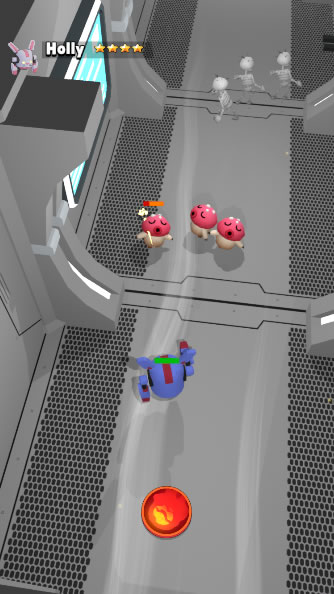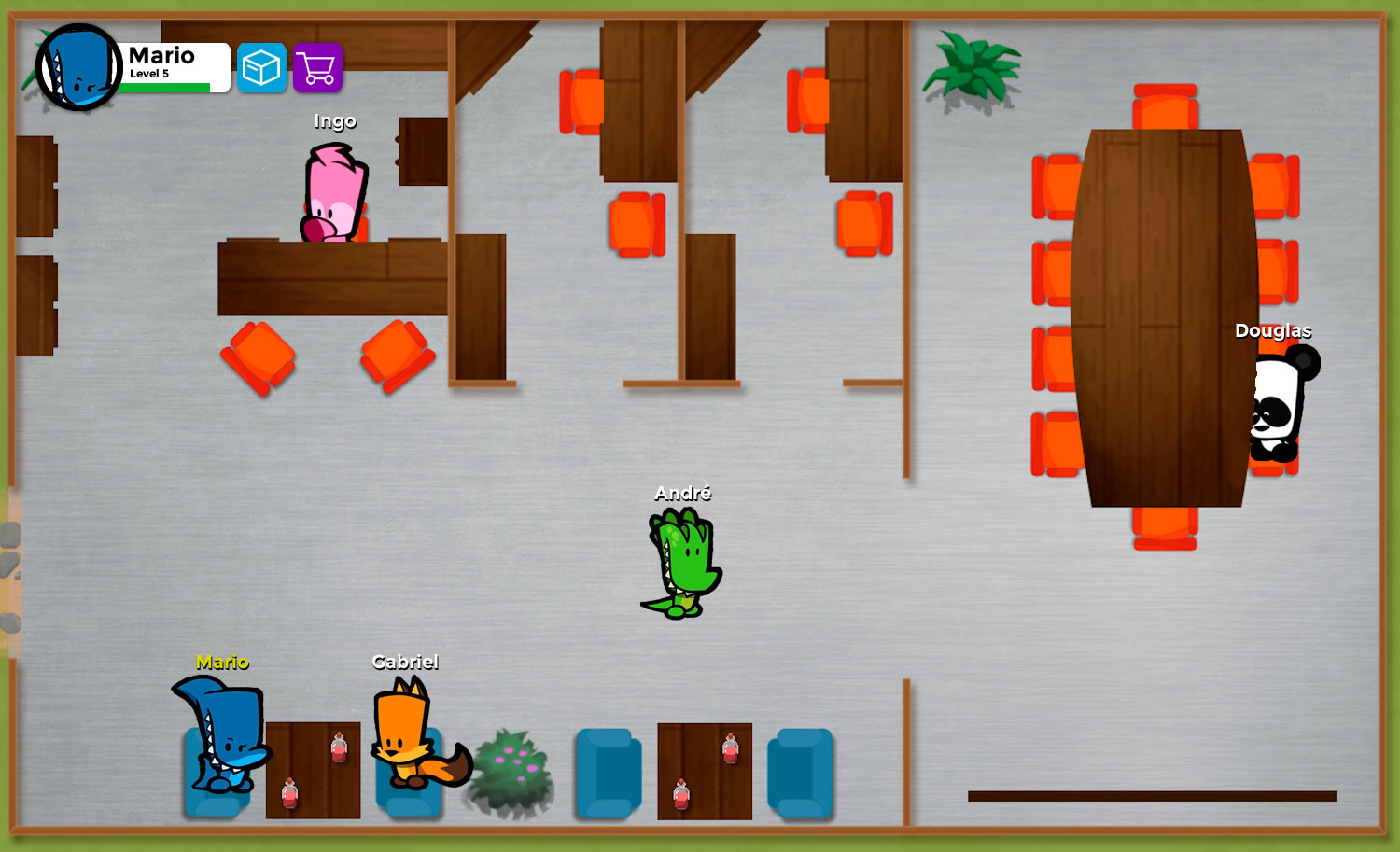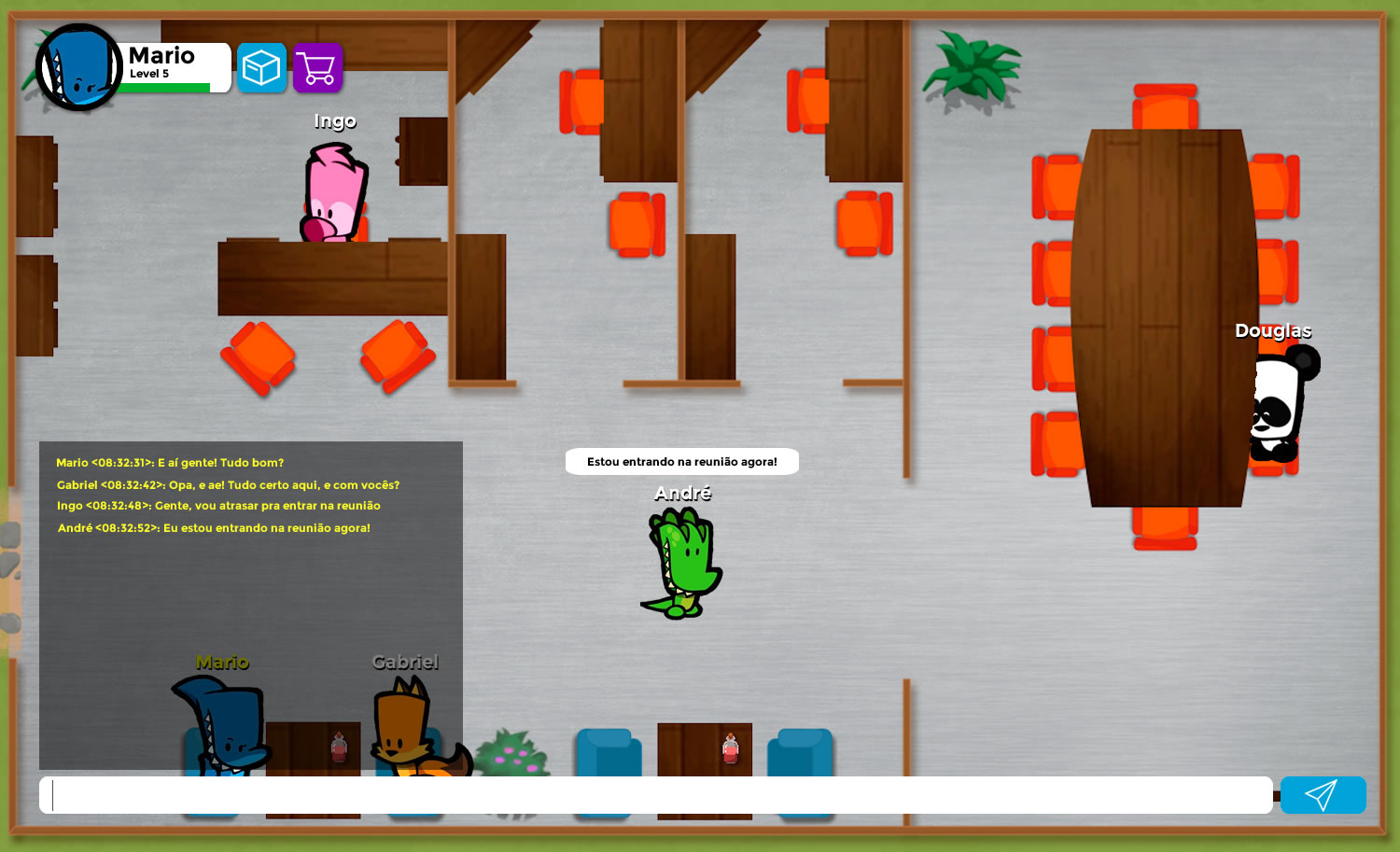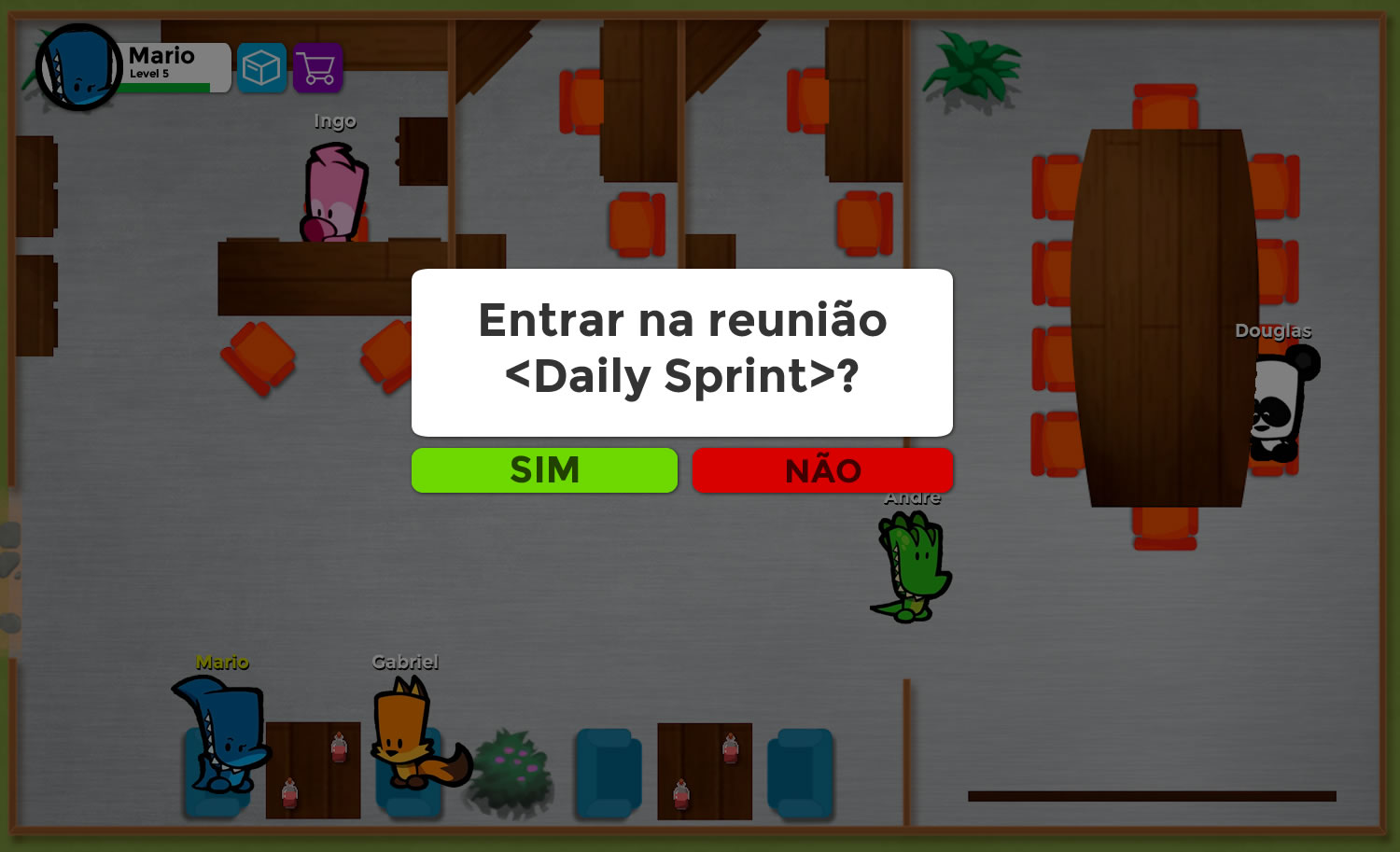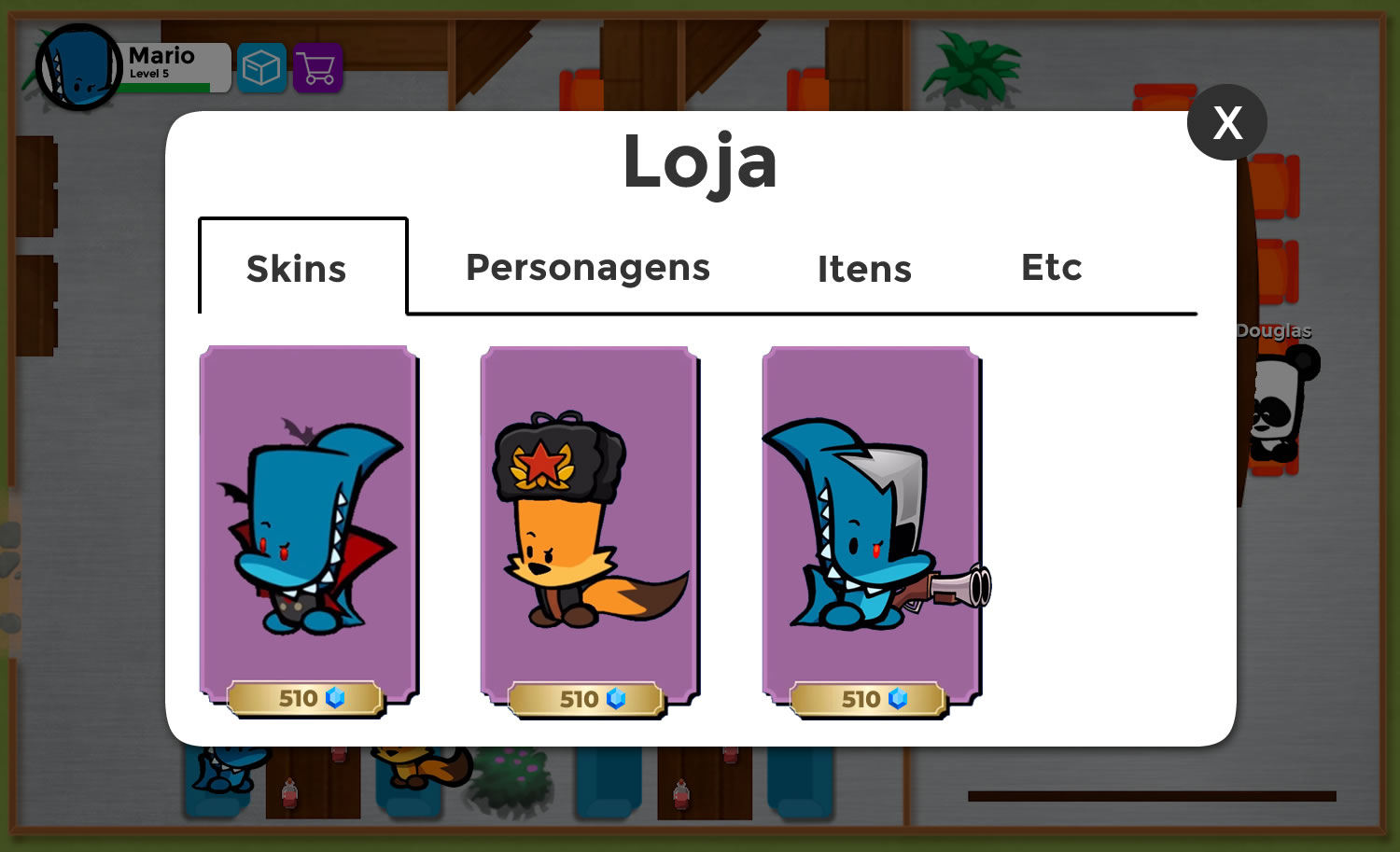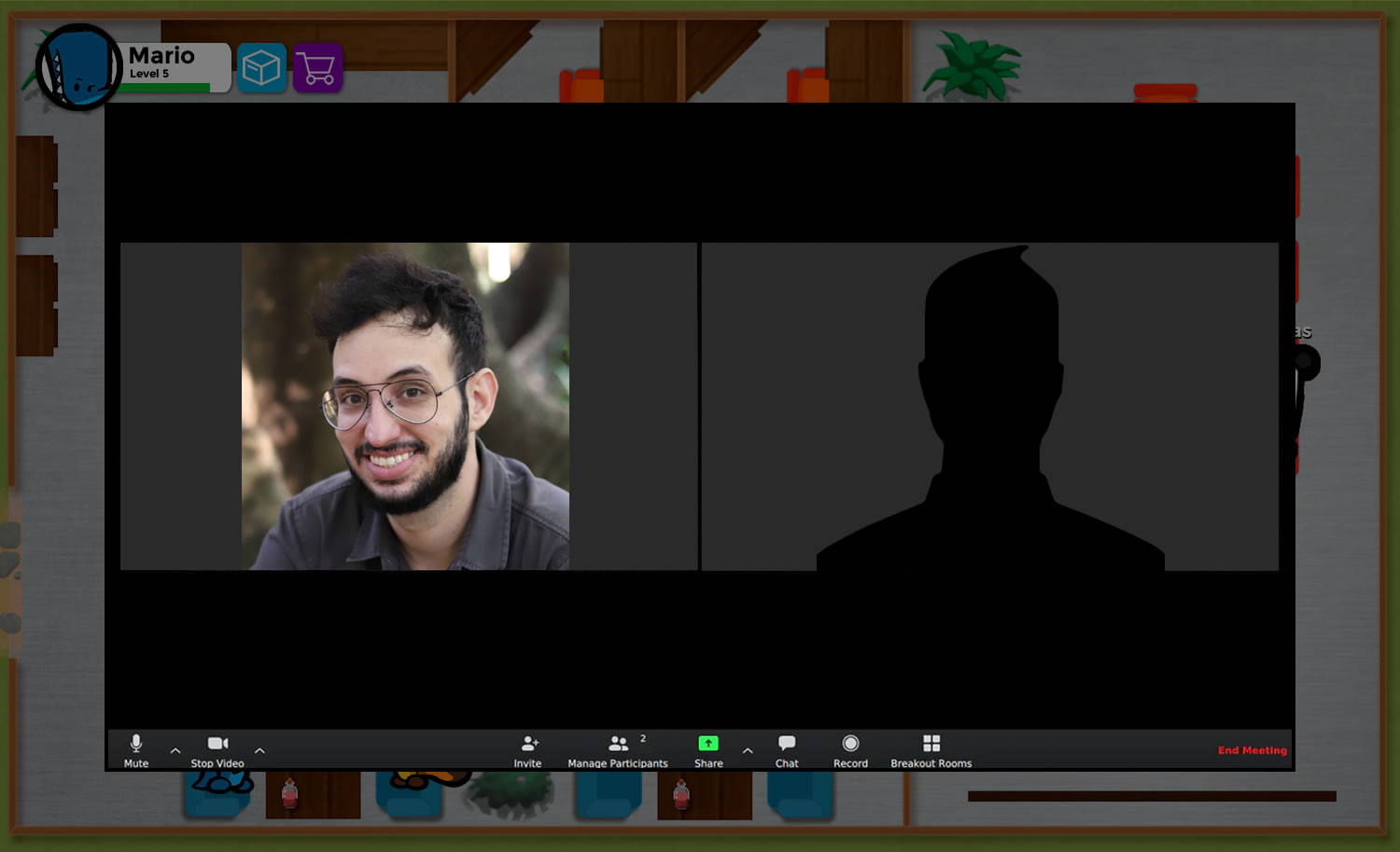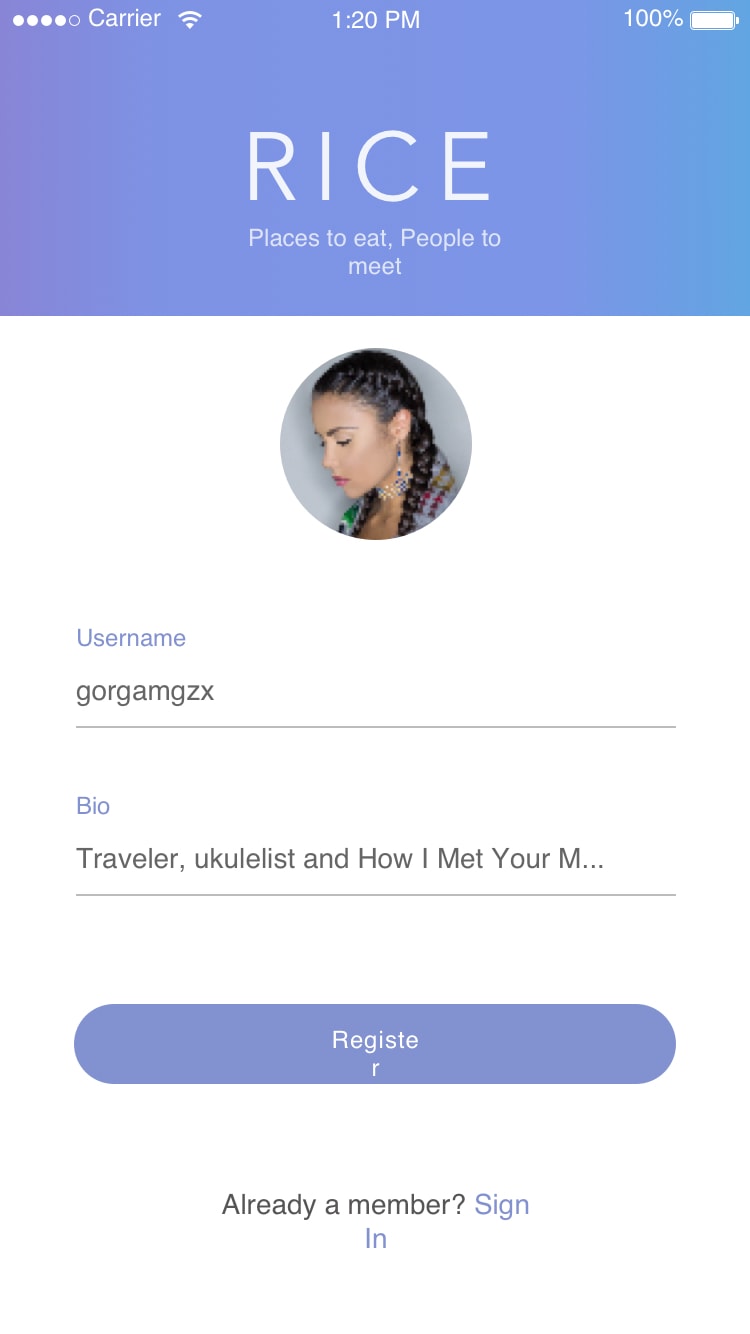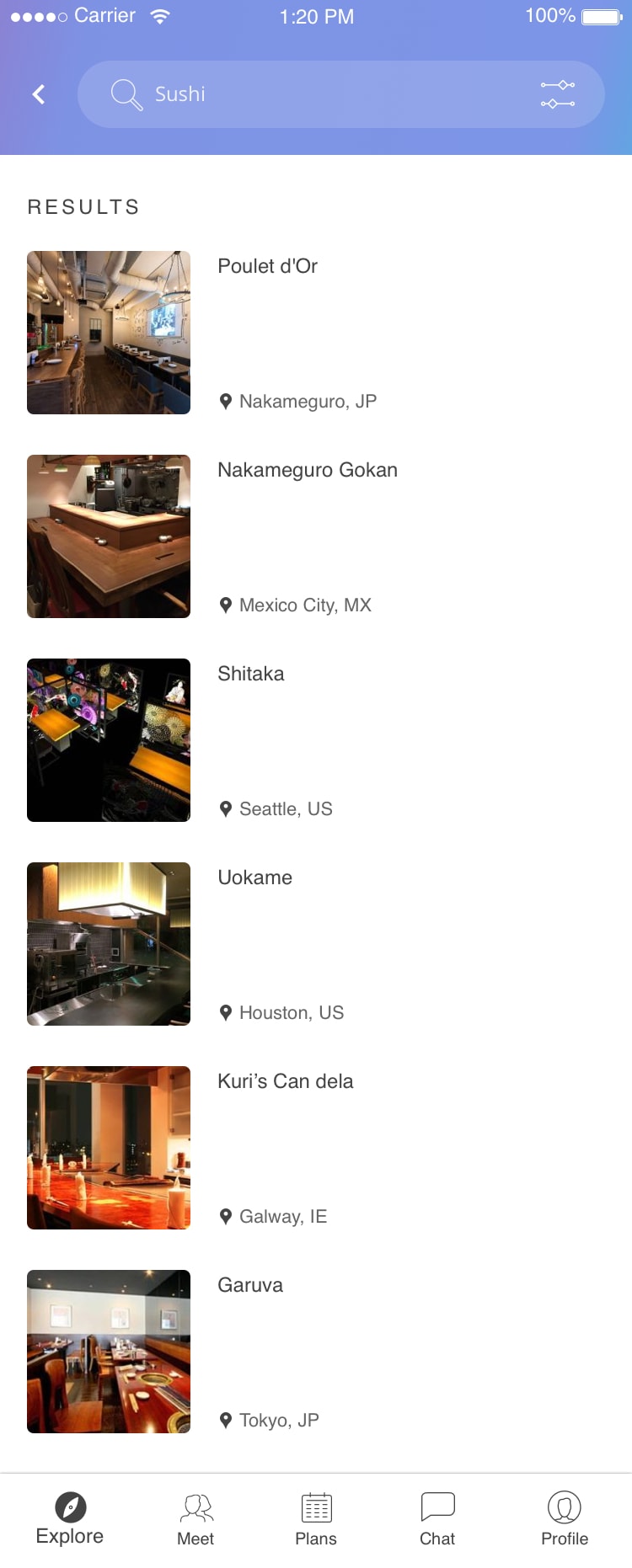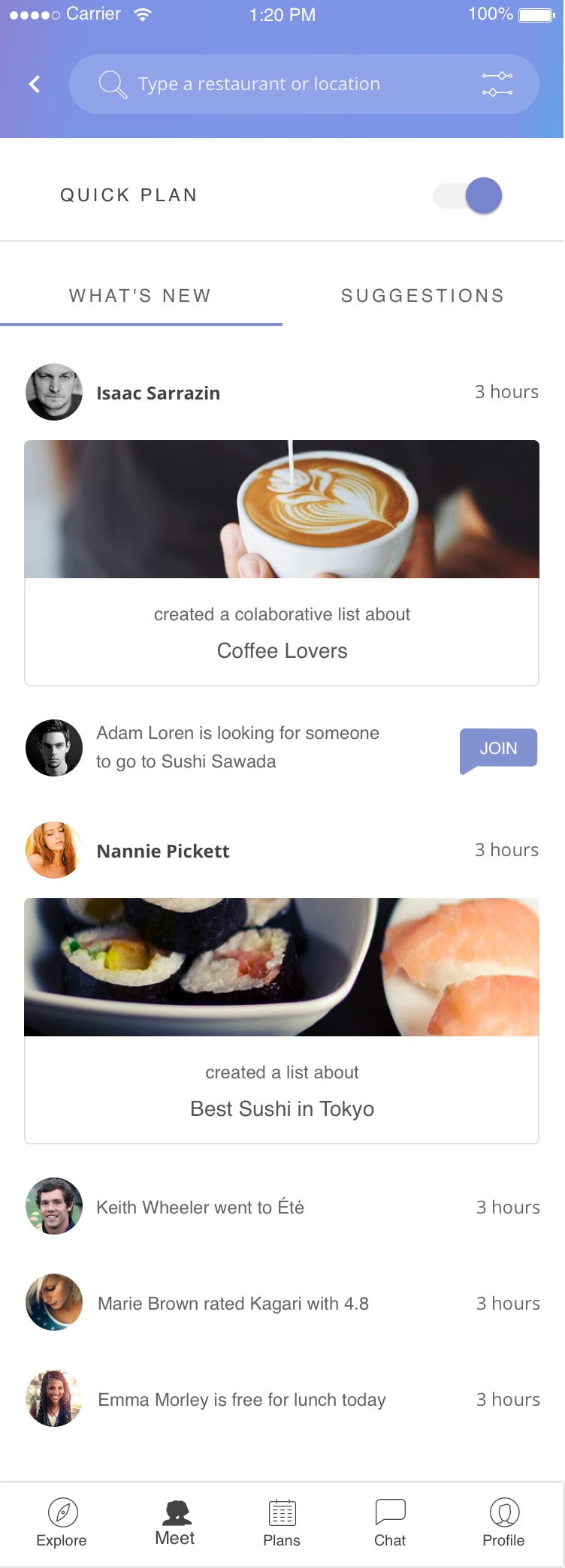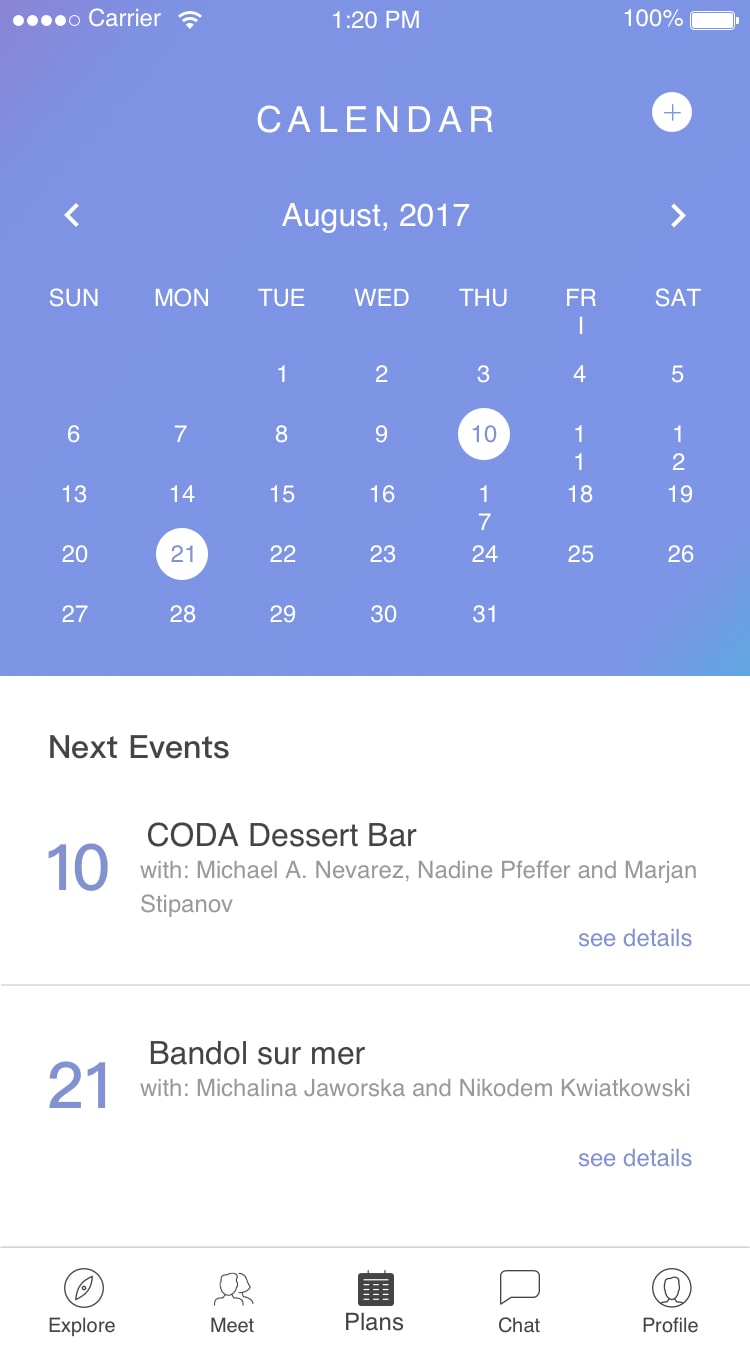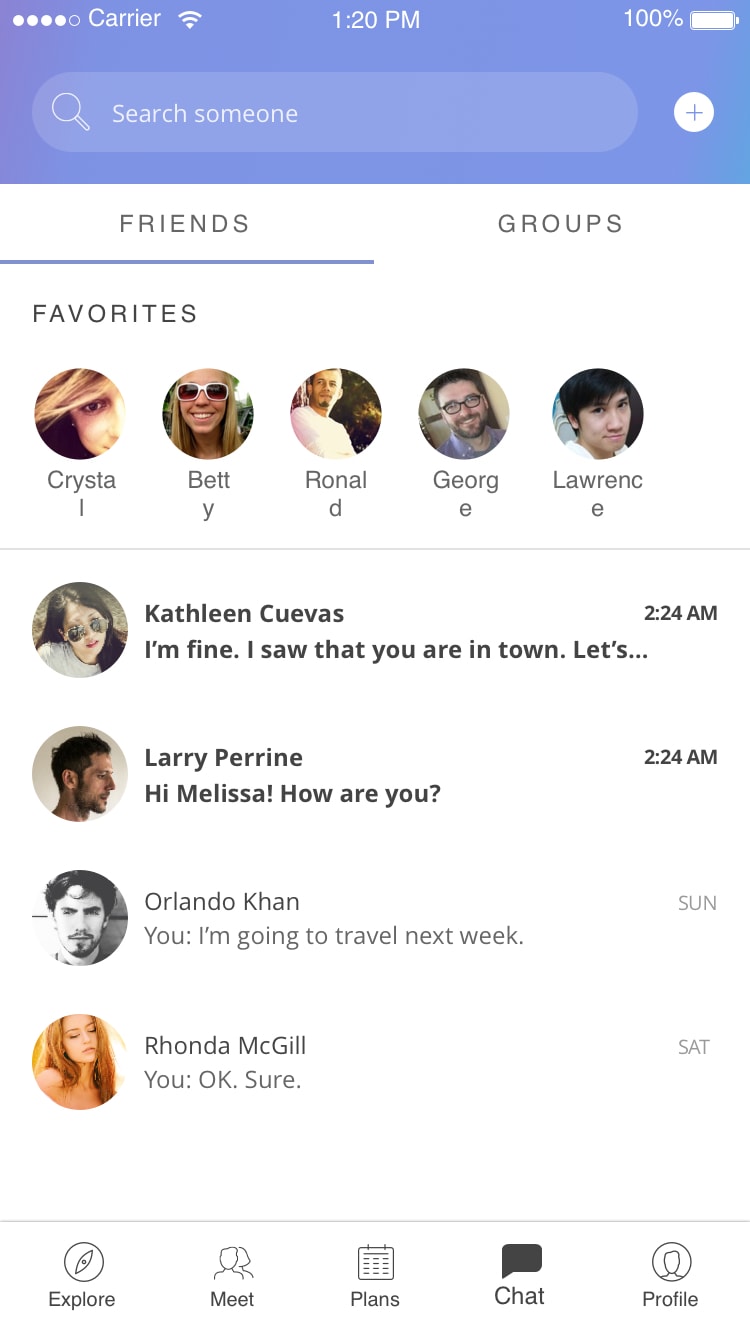Lead game development using Unity for PK XD
Mario Toledo
Full Stack Developer, Computer Scientist and Gaming Lover
About me
Hello, my name is Mario, and I work professionally with software development for more than 10 years. Currently, I'm focused on Game Development using Unity and Web Development using mainly JavaScript and Python, but I also have professional experience with mobile apps and other more corporative software.
I'm also a Computer Scientist and a M.S Computer Engineering, with published papers on scientific events. My current studies involves Machine Learning, Big Data, Computer Vision and Microservices.
And, oh... I really like Pokémon! <3
Professional Experience
Engineering management for one of the biggest gaming co-development companies in Brazil.
Lead game development using Unity for PK XD
Full-stack development using Javascript and Python, and game development using Unity.
Development of HTML5 games using Javascript with Phaser.JS.
Full-stack development using mainly Javascript for back-end and front-end, alongside with technologies and frameworks like Node, Angular, Meteor, Ionic, and MongoDB.
Software development over several technologies, from web projects to native apps, using C#, Java, Objective-C and Javascript, alongside with technologies like MSSql Server, MySql, Node and more.
Web development for an e-commerce using .NET, MS Sql Server and more. Helped on several internal solutions, building content management systems, stock systems, subscription systems and more.
Software development of native applications on iOS using Objective-C. Mostly of apps were digital readers for famous magazines and newspaper from Brazil, like Folha de S. Paulo, Caras, Valor Econômico and more.
Development of games using C# and Unity engine. Also helped to create a framework for 2D development on Unity.
Software Development of corporatative projects using ASP, COBOL and Oracle Database. Also helped on software requirements and requirements elicitation.
Academic Experience
Education
2016-2019
Master Thesis
Published Works
ISBN: 9786525263274
Cold-Start Problem é um problema recorrente em Sistemas de Recomendação nas seguintes situações: quando um novo item é adicionado ao sistema e não possui nenhuma avaliação prévia; ou quando um usuário sem histórico de avaliação entra no sistema. Avaliando as diferentes situações em que o Cold-Start Problem se apresenta, é possível considerar o uso do histórico de navegação como alternativa para geração de recomendações. Levando em conta o formato sequencial dos dados, estudos sugerem o uso de Redes Neurais Recorrentes (RNN) por permitir maior entendimento da sequência de dados e seu contexto. Durante a revisão sistemática realizada neste trabalho, as arquiteturas de LSTM, GRU e híbridas aparecem com frequência entre as pesquisas relacionadas ao tema. Entretanto, os autores dos trabalhos revisados não comparam as arquiteturas entre si, o que é crucial para o entendimento das vantagens e desvantagens do uso de dados do histórico de navegação com RNN. Este estudo propõe a comparação das arquiteturas de LSTM, GRU e híbridas de RNN através da criação de protótipos utilizando a mesma base de entrada, avaliando suas performances através dos valores de Acurácia, Revocação, Precisão e F1-Score..
ICAAI 2020: 2020 The 4th International Conference on Advances in Artificial Intelligence, London, United Kingdom, October 2020 - DOI: https://doi.org/10.1145/3441417.3441422
This article shows the results of a performance analysis from LSTM, GRU and Hybrid Neural Network architectures in Recommendation Systems. To this end, prototypes of the networks were built to be trained using data from the user's browsing history of a streaming website in China. The results were evaluated using the metrics of Accuracy, Precision, Recall and F1-Score, thus identifying the advantages and disadvantages of each architecture in different approaches.
15th CONTECSI - International Conference on Information Systems and Technology Management ISSN 2448-1041 - DOI: https://doi.org/10.5748/9788599693148-15CONTECSI/PS-5851
This work presents a research’s result that had the objective of analyzing the data of car robbery in São Paulo in a certain set of days, in order to identify a pattern among the robberies events presents in the data sample. Data were obtained from the São Paulo State Government’s Transparency Portal, using K-Means and Apriori algorithms for classification and grouping.
WVC 2015. XI Workshop de Visão Computacional. p. 89 - ISBN: 978–85–8023–032-1
This work presents the results of using an Android phone as a control unit for a Lego NXT Robot. The smartphone’s camera allows the usage of Computer Vision techniques to allow the robot control by a superior processing unit than the default NXT CPU.
